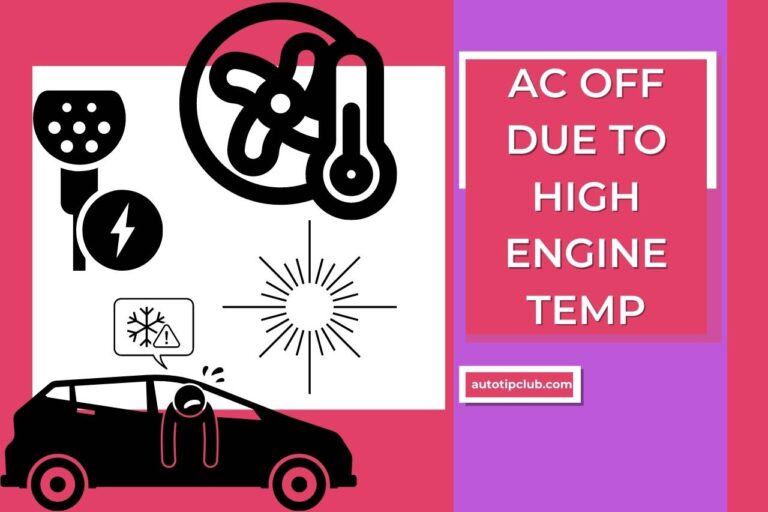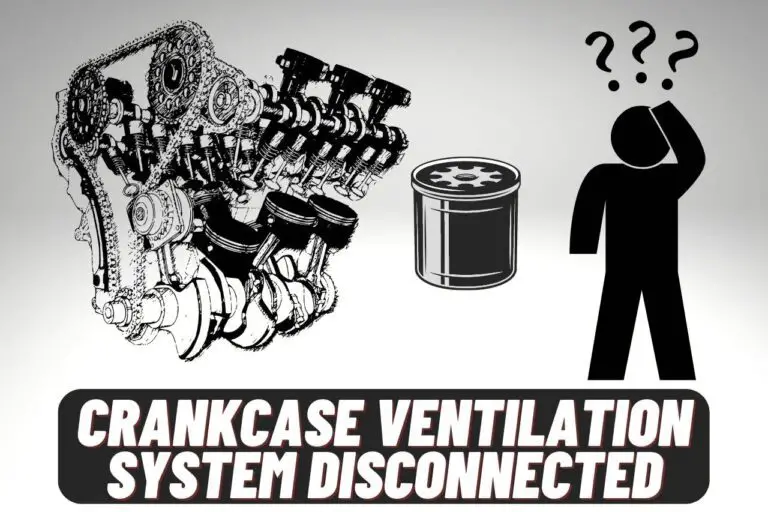Removing Car Paint with Acetone: Benefits and Risks Explained
Have you ever wondered if acetone can take paint off cars? Acetone sometimes referred to as propanone is a typical home solvent that is used for many different things. It is frequently used to dissolve adhesives, clean surfaces and remove nail polish. Many people are unsure whether acetone is a reliable and safe option when it comes to car paint. Does Acetone Remove Car Paint? is a question that will be thoroughly covered in this article. We’ll also consider the potential dangers and disadvantages of using acetone for this purpose and provide some other ways to remove automobile paint.
What is Acetone?
Acetone sometimes referred to as propanone is an organic solvent with a strong fruity odor that is colorless and combustible. It is a typical household chemical that serves many different functions. Different kinds of plastic and synthetic fibers are frequently dissolved in acetone as a solvent. It is frequently employed to dissolve adhesives, clean surfaces and remove nail paint.
Acetone is also utilized in the production of a variety of goods such as plastics, textiles and medicines. Acetone is highly volatile and evaporates quickly making it the perfect choice for applications that call for a solvent that dries swiftly. To prevent exposure to the chemical. It is crucial to utilize acetone carefully and to take the necessary measures.
Can Acetone Remove Car Paint?
Answer is, yes. acetone can remove paint off cars to give the quick response. Acetone is a potent solvent that may efficiently remove the top coat of automotive paint off the surface of the vehicle by dissolving it. The use of acetone to remove automotive paint is neither safe or advised. It is crucial to remember this. This is due to the fact that acetone may also harm the paint’s foundational layers leaving the surface susceptible to corrosion, rust and other sorts of harm. Acetone may also harm the finish of the automobile by discoloring, warping and doing other forms of aesthetic damage.
While small patches of car paint can possibly be removed with acetonemlarger areas or entire vehicles shouldn’t be done so. Instead, it is advised to use specialized car paint removers or to look for expert help. These techniques are made to remove paint securely and successfully without endangering the vehicle’s finish.
How Does Acetone Affect Car Paint?
Due to its chemical makeup and characteristics acetone can have a significant impact on car paint. Acetone is a potent solvent that may efficiently remove the top coat of automotive paint off the surface of the vehicle by dissolving it. Acetone can also seriously harm the layers of paint underneath leaving the surface exposed to rust, corrosion and other sorts of harm.
The type of paint used on the vehicle, its age and condition and the quantity of acetone used are some of the variables that affect how acetone affects automotive paint. In general, acetone can harm the finish of the automobile by discoloring, warping and doing other kinds of visual damage. It may remove the paint’s protective layers leaving the surface vulnerable to environmental harm.
Acetone can harm the finish of the car chemically in addition to cosmetically. Certain paint and coating types can react with acetone and eventually degrade or break down as a result. Other sorts of damage. Such as a loss of gloss or sheen may also come from this.
Overall acetone is not advised as a technique for bigger regions or complete automobiles even if it may be useful for minor spots of car paint. In order to prevent further harm to the vehicle’s finish. It is crucial to employ specialist automobile paint removers or to seek expert help.



Does Acetone Remove Car Scratches?
Acetone is effective at removing scratches from cars. Acetone is a strong solvent that may destroy paint. But it cannot fix surface scratches on an automobile. Car paint scratches need specific restoration techniques such as sanding, polishing or painting over the damage. When trying to remove scratches with acetone you run the risk of further harming the paint and underlying layers as well as leaving the surface vulnerable to environmental harm. To correctly fix scratches in automobile paint, it is advised to get expert help.
Will Acetone Remove Clear Coat on Car?
Answer is, yes. Acetone will remove a car’s clear coat. To shield the car’s paint from the elements a clear coat is used as a layer of protective protection. Acetone is a potent solvent that has the ability to remove the clear coat leaving the paint layers underneath exposed to harm. It is crucial to remember that stripping a car’s clear coat using acetone is neither safe nor advised.
This is due to the fact that acetone may also harm the paint’s foundational layers leaving the surface susceptible to corrosion, rust and other sorts of harm. To prevent inflicting any extra harm to the vehicle’s finish, it is advised to utilize specialist clear coat removers or to seek expert help.
How to Fix Acetone Damage on Car Paint?
The procedure of repairing acetone damage to automotive paint may be challenging and time-consuming. The first step is to evaluate the damage’s severity and decide if the affected area can be repaired or whether repainting is necessary. It could be feasible to fix the region using a polishing compound or a specialist clear coat repair kit if the damage is mild such as discolouration or slight warping. These goods can aid in regaining the damaged area’s previous look.
It can be required to repaint the harmed area if the damage is more severe such as when huge sections of paint are gone. The damaged area will be sanded down a primer coat will be applied and then multiple coats of paint will be applied to match the car’s original color and gloss.
It is significant to remember that fixing acetone damage to automobile paint may be difficult therefore it is frequently advisable to seek expert help. A skilled technician can accurately evaluate the damage and choose the best repair strategy for the particular make and model of the car. Professionals also have access to specific equipment and tools that can help to guarantee a high-quality repair.
What are the Alternatives to Acetone for Car Paint Removal?
For the purpose of removing automotive paint, there are a number of safer and more efficient options besides acetone. Utilizing a specialized car paint remover that is made to dissolve and remove paint without harming the underneath layers of paint is one option. These treatments can be applied to the afflicted region with a brush or rag and are frequently offered in spray or liquid form.
A hot air drier or heat gun can also be used to soften the paint making it simpler to remove using a plastic scraper. To prevent harming the finish or underlying paint layers use caution while using this technique.
Other methods for removing automotive paint besides acetone include soda and sandblasting. These techniques entail blasting the paint off the car’s surface using high-pressure air or water. The finish of the automobile might be damaged by these techniques since they can be abrasive.
It’s critical to select the best technique for removing paint from an automobile based on the make, model and type of paint that was applied to the surface. To choose the most efficient and secure procedure for removing automotive paint it is advised to visit a professional or a specialist merchant.
VIDEO CREDITS: Eastwood Company YouTube Channel
Continue Exploring: More Articles to Keep You Engaged
- How to Unstick Oil Pressure Relief Valve? – The Full Explanation!
- The Truth About Transmission Fluid: Does It Expire?
- Vacuum Leak Sound When Accelerating – Solving The Mystery!



My name is Robot McCullum, and I’m an Automotive Engineer with 20+ years of experience in the automotive field. I’ll give you step-by-step instructions for recognizing and fixing complicated technical problems in an uncomplicated manner. www.AutoTipClub.com, is your best resource for in-depth tutorials, insightful tips, and practical advice designed and developed either for seasoned vehicle collectors or daily drivers.



![How to Wire Multiple Batteries for Car Audio? [Complete Guide]](https://autotipclub.com/wp-content/uploads/2022/12/how-to-wire-multiple-batteries-for-car-audio-768x512.jpg)



